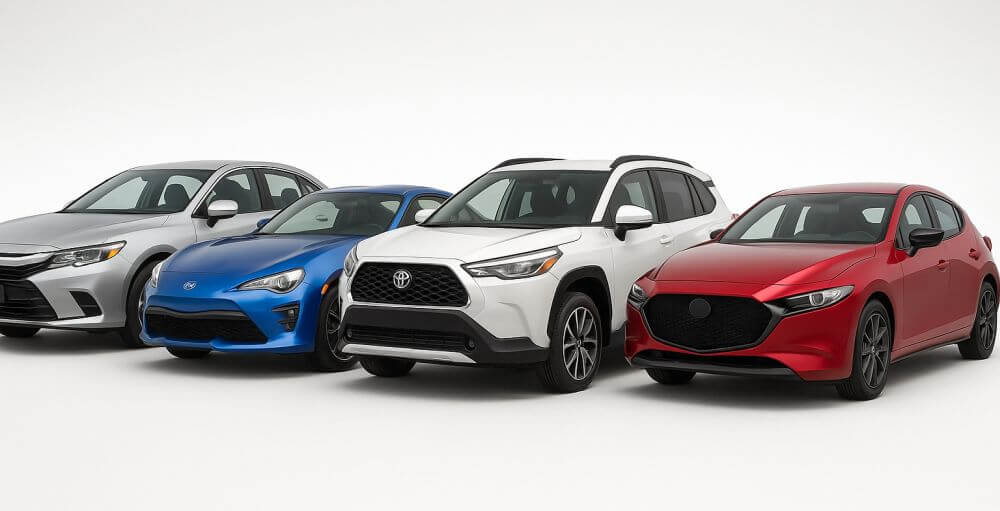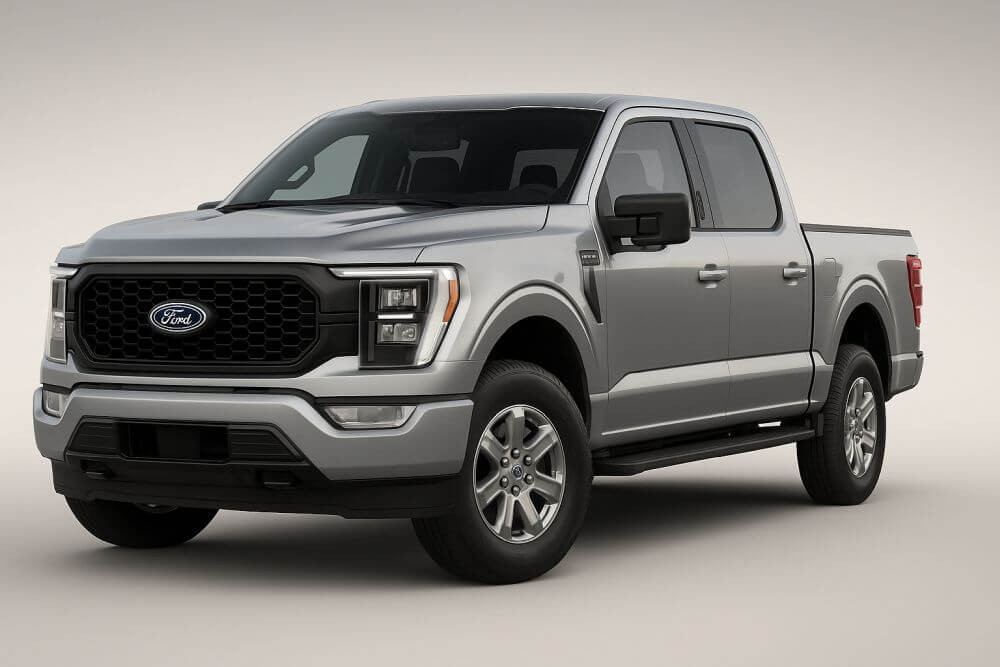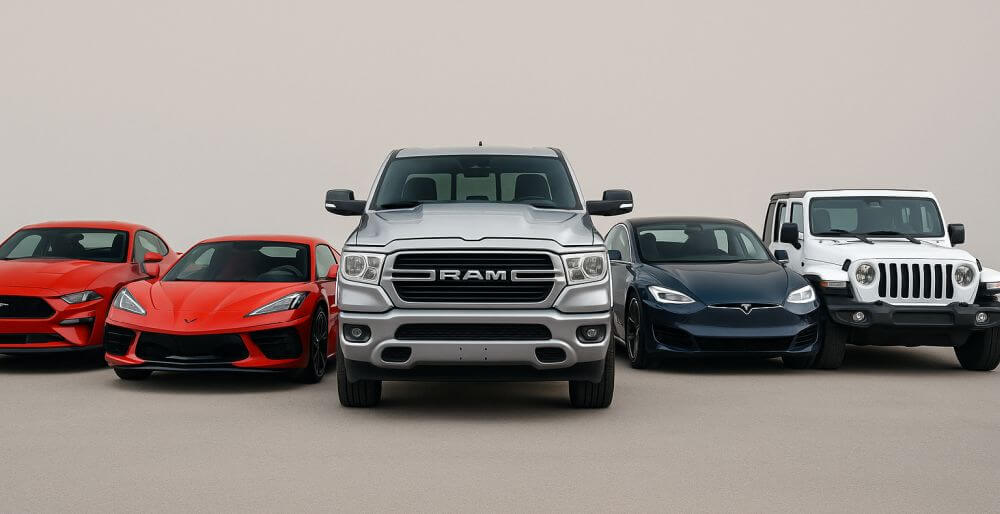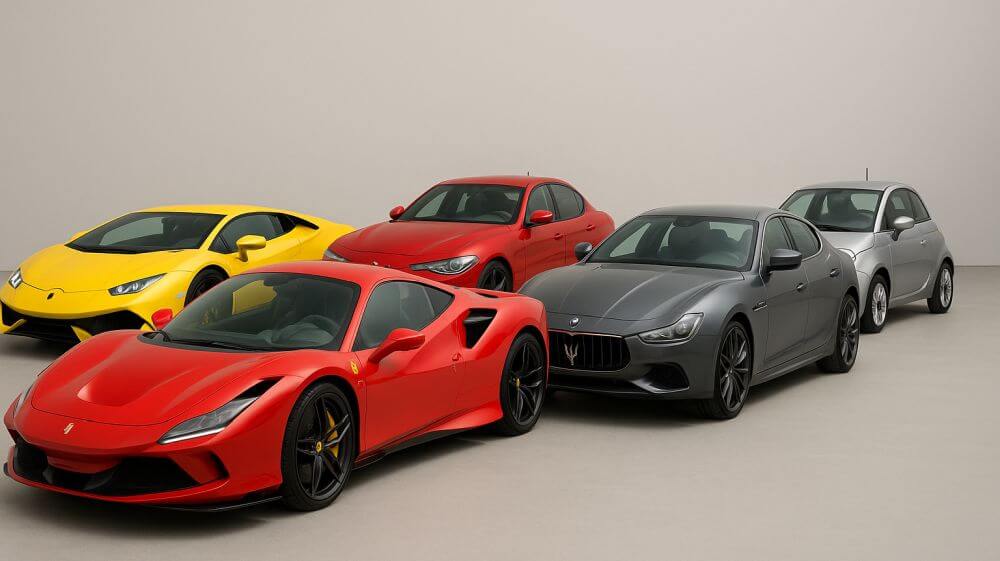Japanese car brands have long been recognized for their reliability, innovative engineering, and global reach. Whether you’re a budget-conscious buyer looking for value, a performance enthusiast chasing speed, or someone who prioritizes eco-friendly driving, Japan’s automotive industry offers something for everyone. In fact, when researching a vehicle history report for a used Toyota, Honda, or Nissan, you’re likely to discover a long track record of dependable performance and lasting value.

In this guide, we’ll explore the history, characteristics, and key models of leading Japanese automakers—while also sharing practical tips for buyers considering Japanese vehicles.
Why Japanese Car Brands Dominate the Global Market
Japanese automakers consistently rank among the top in global sales, quality, and customer satisfaction. The country’s approach to manufacturing blends precision engineering, Kaizen (continuous improvement), and a deep understanding of consumer needs.
Key Reasons for Their Global Success
- Reliability & Longevity – Models like the Toyota Corolla and Honda Accord often run well past 200,000 miles with regular maintenance.
- Fuel Efficiency – From the compact Suzuki Swift to hybrid icons like the Toyota Prius, Japanese cars excel at reducing fuel costs.
- Cutting-Edge Technology – Brands like Nissan and Mazda push innovation with features like e-Power hybrid systems and SkyActiv engines.
- Resale Value – Popular models maintain high demand in the used car market, making them a safer investment.
According to the Japan Automobile Manufacturers Association (JAMA), Japanese automakers exported over 3.5 million vehicles in 2023, demonstrating their enduring appeal worldwide.
The Big Names in Japanese Automotive Manufacturing
Toyota
Founded in 1937, Toyota is the world’s largest automaker by production volume. Known for legendary reliability, its lineup spans budget sedans, rugged SUVs, and luxury offerings under the Lexus brand.
Popular Models:
- Toyota Corolla – Best-selling car globally.
- Toyota Hilux – Known for its toughness.
- Toyota Prius – Pioneer in hybrid technology.
Honda
Honda began as a motorcycle manufacturer before entering the car market in the 1960s. Today, it’s celebrated for sporty yet practical vehicles.
Popular Models:
- Honda Civic – Sporty design with daily-driver practicality.
- Honda Accord – Comfort meets fuel efficiency.
- Honda CR-V – One of the best-selling compact SUVs worldwide.
Nissan
Nissan blends affordability with performance innovation. It’s also the parent company of Infiniti, its luxury division.
Popular Models:
- Nissan Altima – A comfortable midsize sedan.
- Nissan Leaf – One of the first mainstream electric cars.
- Nissan GT-R – A high-performance supercar challenger.
Mazda
Mazda is famed for its engaging driving dynamics and stylish designs. The brand’s SkyActiv technology optimizes performance and fuel economy.
Popular Models:
- Mazda3 – A sporty compact with upscale features.
- Mazda CX-5 – A refined crossover SUV.
- Mazda MX-5 Miata – Beloved by driving purists.
Subaru
Subaru’s symmetrical all-wheel drive and boxer engine design make it a top choice for buyers in snowy or off-road regions.
Popular Models:
- Subaru Outback – Rugged yet family-friendly.
- Subaru Forester – Practical crossover with AWD.
- Subaru WRX – Rally-inspired performance sedan.
Mitsubishi
Once a rally racing legend, Mitsubishi is now focusing on value-packed SUVs and plug-in hybrids.
Popular Models:
- Mitsubishi Outlander PHEV – Popular plug-in hybrid SUV.
- Mitsubishi Mirage – Affordable city car.
Suzuki
Suzuki is a specialist in small cars and motorcycles, with a strong presence in Asia and Europe.
Popular Models:
- Suzuki Swift – Affordable and fun.
- Suzuki Jimny – Compact off-roader with cult status.
What Makes Japanese Cars a Smart Buy?
1. Affordability Without Compromise
Many Japanese cars offer high-quality engineering and features at lower prices than European competitors.
2. Strong Safety Ratings
Models from Honda, Toyota, and Subaru frequently earn top marks in NHTSA safety tests.
3. Ease of Maintenance
Spare parts are widely available, and most mechanics are familiar with Japanese models.
4. Environmental Leadership
Toyota and Honda lead the hybrid market, while Nissan is pushing electric mobility forward.
Buying a Used Japanese Car: Tips & Considerations
When shopping for a pre-owned Japanese vehicle:
- Check the Vehicle History – A thorough VIN check reveals accidents, title branding, and service history.
- Inspect for Rust – Cars from snowy climates may have corrosion issues.
- Test Drive for Performance – Ensure smooth acceleration, braking, and transmission shifts.
- Verify Recall Status – Use the NHTSA Recall Lookup to check for outstanding safety recalls.
Japanese Luxury Car Brands
Japan also excels in luxury segments with brands like:
- Lexus (Toyota) – Smooth rides, reliability, and advanced tech.
- Infiniti (Nissan) – Stylish performance-oriented sedans and SUVs.
- Acura (Honda) – Luxury with sporty handling.
These brands compete directly with German and American luxury automakers, often at a lower cost of ownership.
The Future of Japanese Automakers
The next decade will bring:
- More Electric Vehicles (EVs) – Nissan, Toyota, and Honda are investing heavily in EV platforms.
- Autonomous Driving Technology – Honda and Toyota have announced Level 3 self-driving capabilities in select models.
- Hydrogen Fuel Cells – Toyota’s Mirai leads this emerging market.
With these innovations, Japanese brands aim to retain their reputation for forward-thinking design.
Conclusion
Japanese car brands have shaped the modern automotive world through reliability, innovation, and consumer-focused design. Whether you’re in the market for an affordable city car, a high-performance sports coupe, or an eco-friendly hybrid, Japan’s automakers offer something for every lifestyle and budget. By combining a solid vehicle history report with smart shopping strategies, you can find a model that delivers years of satisfaction.
FAQs About Japanese Car Brands
- Which Japanese car brand is most reliable?
Toyota consistently tops reliability rankings, with Honda and Subaru close behind. - Are Japanese luxury cars as good as European brands?
Yes. Lexus, Acura, and Infiniti match or exceed European luxury brands in reliability, comfort, and resale value. - What is the best Japanese sports car?
The Nissan GT-R, Toyota GR Supra, and Mazda MX-5 Miata are among the most celebrated. - Why are Japanese cars more fuel-efficient?
They focus on lightweight design, efficient engines, and advanced transmissions. - Are Japanese cars cheaper to maintain?
Generally, yes—thanks to wide availability of parts and mechanics familiar with the models.


